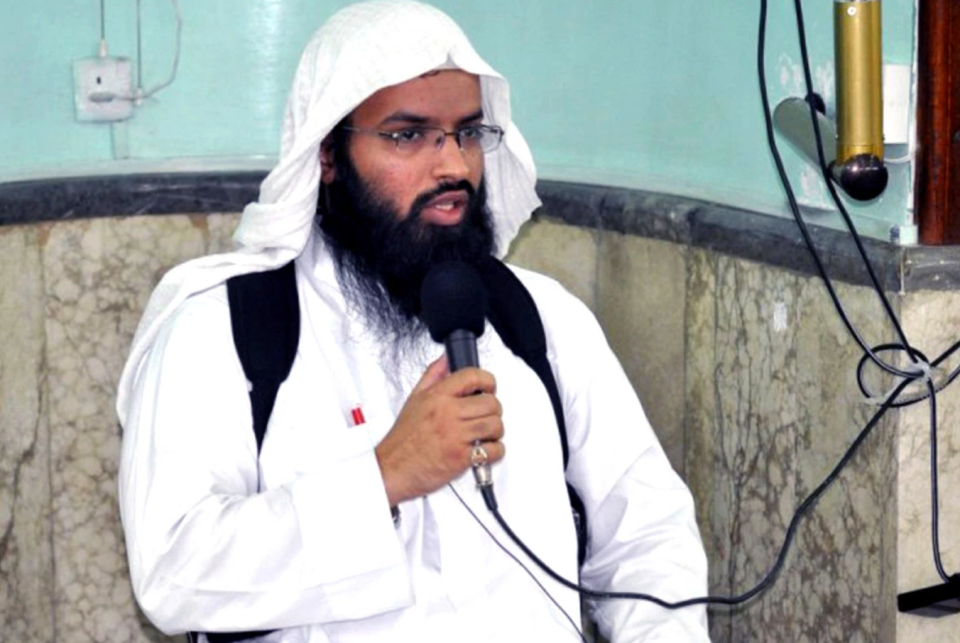Death of Isis' chief cleric in US air strike throws group into crisis

Isis’ grand mufti has reportedly been killed in an air strike on a Syrian town near the border with Iraq, the US coalition against the militants has confirmed.
“Coalition forces killed Turki Binali, the self-proclaimed ‘Grand Mufti’ or chief cleric of Isis in an air strike May 31 in Mayadeen, Syria,” said a statement from Central Command, which coordinates US military action across Syria and Iraq.
Rumours that Binali had been killed had circulated for weeks before the statement on Tuesday.
The 32-year-old from Bahrain attended various religious schools and universities before travelling to Yemen, where he met with al-Qaeda members, as well as Libya and Syria.
He was appointed as Isis’ most senior preacher in November 2014, after the group blitzed across the border to seize one third of Iraq that summer.
The US Treasury in a sanctions note described Binali as a “close confidant” of Isis’ leader Abu Bakr Al-Baghdadi and active recruiter of foreign fighters, penning jihadi literature and fatwas used for propaganda purposes and at training camps. The cleric actively “provoked terrorist attacks around the world,” the document continued.
Binali’s reported killing occurred just two days after another US-led air stirke on Mayadeen that allegedly killed Rayan Mashaal, the founder of Isis’ notorious propaganda media wing Amaq.
While local opposition activists have widely reported his death, Central Command has not confirmed Mashaal has been killed.
Russia - which carries out air strikes on the jihadis at the request of the Syrian government - claimed last week that it may have killed Baghdadi himself in a night raid last month. A spokesperson for the Russian Foreign Ministry later backtracked, admitting on Tuesday there was little proof the leader had been killed.
The supposed deaths of some of Isis’ most feared leaders come as the group struggles to maintain control of its territory in Syria and neighbouring Iraq.
Fewer than 300 militants are now surrounded by Iraqi coalition forces in the Old City of Mosul, a city that was once the jewel in its so-called caliphate.
Across the border in Syria, the militants’ de facto capital of Raqqa is under attack on several fronts by US-backed local Kurdish forces, which have already seized four neighbourhoods after two weeks of fighting.
The loss of both cities will effectively spell the end of Isis' so-called caliphate, although it is unlikely the militants will go quietly in their final battle.
Observers expect the jihadi organisation to mount a full-scale insurgency in both Syria and Iraq after it ceases to be a land-holding force in the two countries, and to step up terror attacks around the world.

 Yahoo News
Yahoo News 